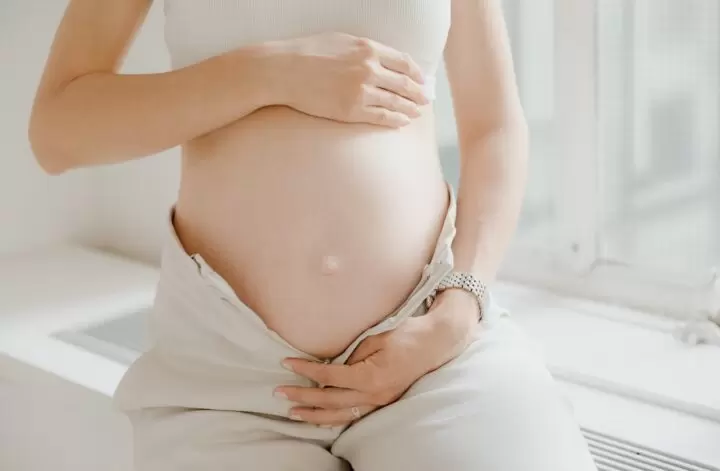Falling pregnant isn’t as easy for some women as simply having sex and waiting for the line on the stick to turn blue. There are a lot of factors that can come into play when considering how easy it might be for you to fall pregnant and what your chances of success will be. And for many people, they first become aware of potential issues when they start trying for a family and realise their efforts are worth working.
With this in mind, knowing the factors that can affect your ability to conceive and what you can do to improve your chances can be eye-opening and help you to get started on the right foot.
Fertility
Not knowing where you stand regarding how fertile you are and your body’s reaction to trying to fall pregnant can put a dampener on your efforts. Finding out where you stand regarding fertility can help you boost your chances by getting the proper treatment or practices in place.
You can discover your fertility by going to a fertility consultation to help you learn more about your body, your ability to fall pregnant naturally, and what your options are should you need to require IVF or to discuss other options. From here, you will have a better picture of what to expect and the best options for you going forward if the tests uncover issues.
High BMI
Being overweight or carrying a high percentage of body fat can affect your ability to fall pregnant naturally. Increased weight inhibits ovulation which means you won’t be able to conceive easily as your ovulation isn’t as regular as it should be. The only way to move forward to change this is to maintain a healthy weight and keep your BMI in check; a healthy BMI is affected by your height, age and gender.
Bad Habits
Smoking, excessive alcohol consumption, taking recreational drugs, or being a long-time drug can all affect how easy it is to become pregnant. Smoking can affect fertility in both men and women, and miscarriage rates are higher for women who smoke than those who don’t and can cause low sperm count in men. While heavy alcohol use is not only bad for your health overall, it can massively impact a man’s sperm count and affect conception. Get rid of your bad habits, improve your health and work towards removing any risk factors that will impact your ability to fall pregnant.
Age
A woman’s fertility declines in her 30s, with the most drastic reduction occurring at 37. At the same time, men in their 40s might experience a change in their fertility and find it harder to impregnate a woman when trying for a baby. This is only natural and is part of the ageing process. If you know you want to start a family, exploring your options early on is best, even if you aren’t ready then. This will allow you to make more informed choices when the time comes or to put plans in place, such as egg freezing, to help you boost your chances of success.
Fertility isn’t simple, and it can fluctuate throughout your life. By knowing your body and caring for it properly, you can give yourself the best possible chance of falling pregnant when the time comes for you to start your family.





 Em Português
Em Português En Español
En Español